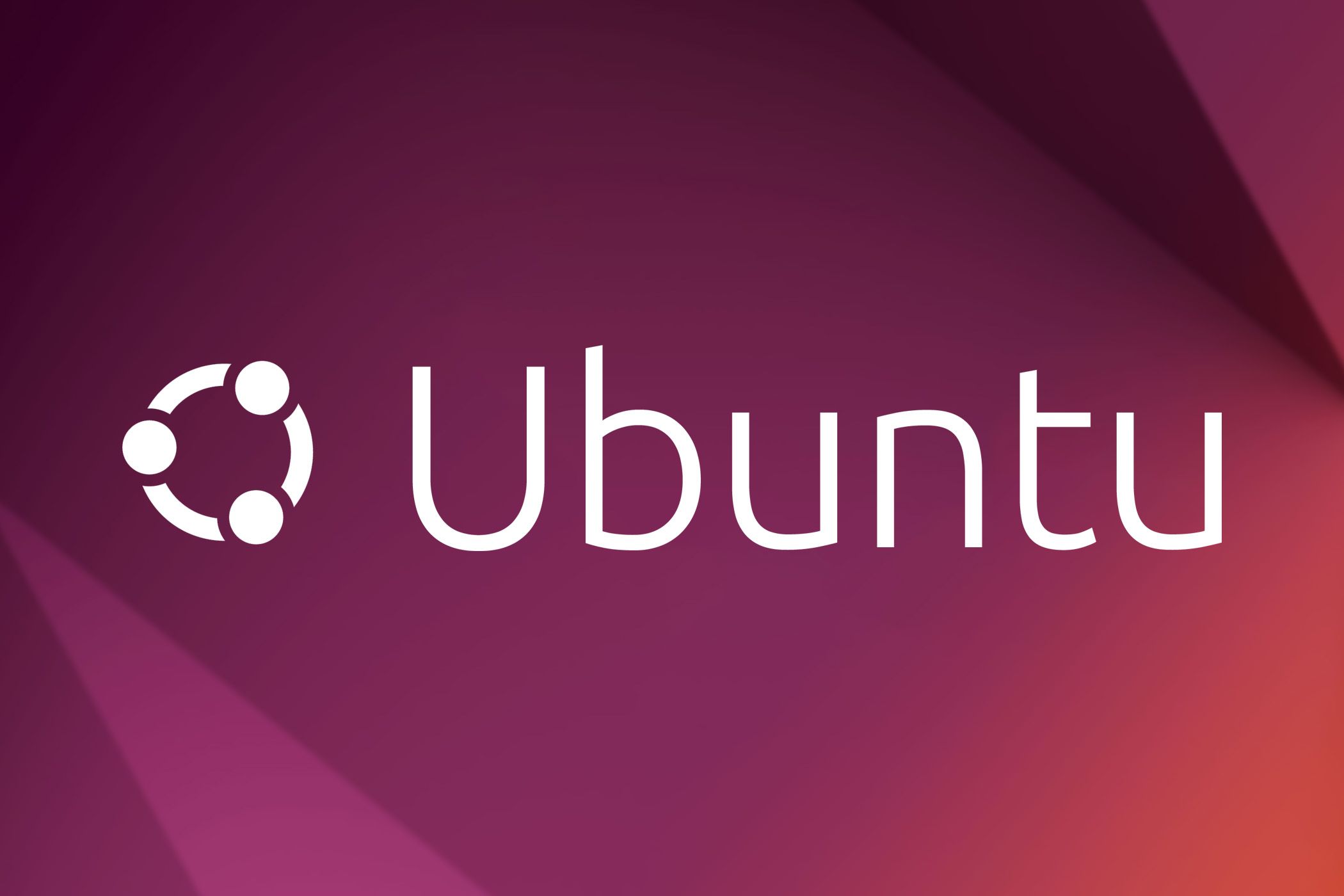What’s New in Ubuntu 24.04 “Noble Numbat”
Ubuntu 24.04: Noble or nobbled?
Quick Links
- A Look at Ubuntu 24.04
- Linux Kernel 6.8
- The New GNOME 46 Desktop
- Security Enhancements
- Software Versions
- Is Ubuntu 24.04 Worth the Upgrade?
Key Takeaways
- Ubuntu 24.04, Noble Numbat, releases on April 25, 2024.
- New features include extended support, GNOME 46, and important kernel updates.
- Upgrading to 24.04 is worth it. You get enhanced security, the benefits of GNOME 46, better hardware support, and updated software packages.
Ubuntu 24.04, code-named “Noble Numbat”, has a release date of April 25, 2024. We fired up the beta build to see whether it was worth upgrading to Canonical’s newest long-term support release.
A Look at Ubuntu 24.04
Another April, another Ubuntu. As regular and unfailing as the changing of the seasons, twice a year we get a new release of Ubuntu. There’s the April build, and there’s the October build.
Every two years, the April release is a Long-Term Support version, getting five years of support and updates from Canonical. If you subscribe to Ubuntu Pro, which is free for home users, the support period is extended to 10 years. If you want to, you can purchase another two years of support, making it 12 years in total.
As well as extended support, Numbat delivers a new installer, kernel updates, GNOME 46, refreshed software packages, and security enhancements. All that and a new mascot, and the obligatory set of new wallpapers.
Security is an even hotter topic than usual at the moment, following the discovery of the malicious backdoor built into the xz compression library which could allow attackers to access vulnerable systems over SSH. This targeted distributions based on Debian and Red Hat, not just Ubuntu. Canonical wisely delayed the beta release of 24.04 so that they could rebuild all binaries, ensuring the new release was clean.
The new installer has a modern and uncluttered look to it, with plenty of white space, and a subtle single emblem on each screen. Apart from the aesthetics, there are some changes to existing screens and some new screens.
It’s great to see a new Accessibility screen taking up position right behind the Choose Your Language screen, giving it the importance and prominence it deserves.
The network connection screen has been revamped, with its new look giving it the sleeker appearance favored by the other installation screens. You can choose to connect by wired connection, by wireless if you’re on a portable device, or to choose later.
This release follows the trend set in Ubuntu 23.10 of selecting the option to install a minimalist (for Ubuntu) collection of applications. You can still opt to install everything Ubuntu traditionally provides, but you need to consciously make that choice.
Linux Kernel 6.8
The new kernel boasts the usual collection of security bug fixes, patches, and enhancements, such as extended support for Secure Boot and disk encryption, and the ability to “stack” Linux security modules. New features include improved hardware compatibility and optimized power management for laptops.
We used a nightly development build to do our testing. There’s a slim chance there may be some changes between this version and the final release, but it’s extremely unlikely.
The existing Completely Fair Scheduler (CFS) has been replaced by a new Earliest Eligible Virtual Deadline First (EEVDF) CPU scheduler. This is based on academic research from the late 1990’s and early 2000’s. The new scheduler reduces latency in certain scenarios.
The intel_idle CPU Idle Time Management Driver is part of the CPU idle time management subsystem. Support has been extended to the Grand Ridge and Sierra Forest processors.
Not to be outdone, AMD CPUs receive a collection of performance enhancements.
Sticking with CPUs, albeit in a virtual way, KVM virtualization can now support up to 4096 virtual CPUs. The ability to have nested virtual machines has been added for the IBM POWER processor ppc64el.
The kernel now supports Intel Shadow Stack, allowing processes to verify their return address by comparing the value retrieved from the stack with the value retrieved from the Shadow Stack. If they differ, an attack might have been detected.
Other kernel changes include:
- Support for stable Intel Meteor Lake graphics.
- More work on Rust elements of the kernel code, including network PHY drivers and bindings for work queues.
- A sophisticated Copy On Write filesystem called Bcachefs is supported.
The New GNOME 46 Desktop
We’ve written about GNOME 46 elsewhere, but it’s worth mentioning some of the big-ticket items here.
Files
The Files file browser now searches globally, which is the new default. To search in the local directory and subdirectories, click the new icon in the toolbar.
There’s a new search function in Preferences, too.
The file copying information now appears in the bottom left corner. Clicking it expands the information being shown.
Settings
There’s a new System Menu option that groups Region & Language, Date & Time, and similar options.
Privacy has been renamed to Privacy & Security.
A new Accessibility option lets you turn on small on (I) and off (O) indicators on sliding buttons.
WebDAV and Microsoft Personal account support have been added to Online Accounts. However, absent from the Ubuntu implementation of GNOME 46 is a new online account option, called Microsoft 365.
This ought to let you access your cloud-based Microsoft OneDrive files from within Files, but there’s a known issue with authentication which will be corrected in GNOME 46.1. Perhaps Canonical is waiting for the patch before revealing the option?
You can now remotely access your Ubuntu desktop, via RDP, as long as the account you’re logging into isn’t being used. You have to enable desktop sharing for Remote Desktop to work.
You must use an RDP client on the computer you’re connecting from. You can change the screen resolution once you’re connected, to cater for differences between the remote and the Ubuntu computer.
App Center
Ubuntu’s Snap-centric software app has been renamed to App Center. If you prefer using DEB files you’ll need to use the command line. App Center really wants you to use Snaps.
Thunderbird is now a Snap, although there is a DEB available. But under the hood, it installs the Snap version.
Security Enhancements
Ubuntu packages are now built with security-hardening features that block many security vulnerabilities, rendering them unexploitable.
The gcc compiler and dpkg now default to -D_FORTIFY_SOURCE=3 instead of -D_FORTIFY_SOURCE=2 which greatly increases buffer overflow detection and mitigation. dpkg now defaults to use -mbranch-protection=standard, designed to mitigate code reuse attacks on ARM64.
Combined with automated security updates, and better support for Secure Boot and disk encryption, Noble Numbat is much more secure than any previous Ubuntu version, right out of the box.
Software Versions
These are the software versions of some common packages.
- Kernel: 6.8.0-22-generic
- LibreOffice: 24.2.2.2
- Thunderbird: 115.9.0-1
- Firefox: 124.0.2
- Files: 46.0
- GCC: 13.2.0
- binutils: 2.52
- glibc: 2.33
- GNU Debugger: 15.0.50.2024040
Is Ubuntu 24.04 Worth the Upgrade?
In short, yes. Ubuntu 24.04 is definitely worth the upgrade. If you only use LTS builds, your two-year wait is over, and you’ll find that Noble Numbat was worth the wait.
If you hopped onto Ubuntu 23.10 last October, the increased security alone makes it worth the upgrade. The benefits of GNOME 46 and the other kernel improvements just make it all the more compelling.
I’m slightly disenchanted with Canonical’s ongoing push to make Snap a virtual monopoly on their distribution, but I don’t expect that will slow down the rush for most users to upgrade.

























